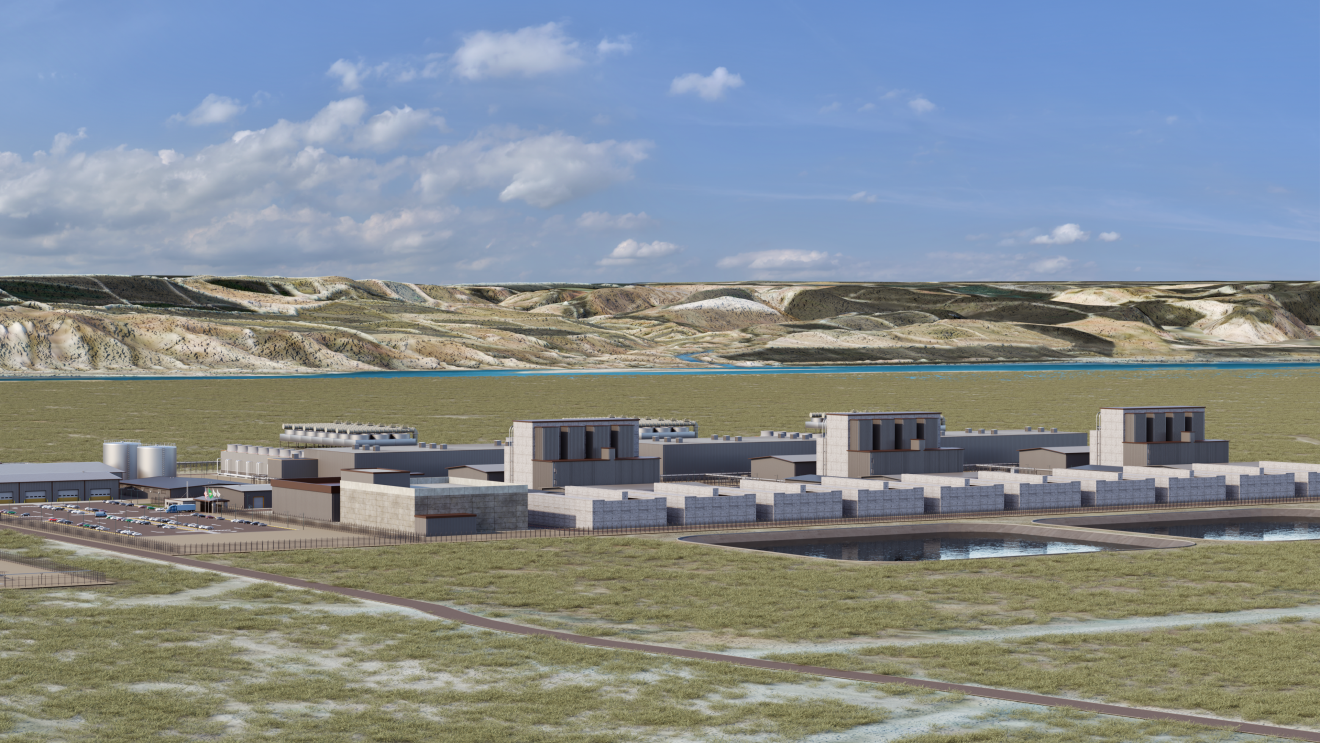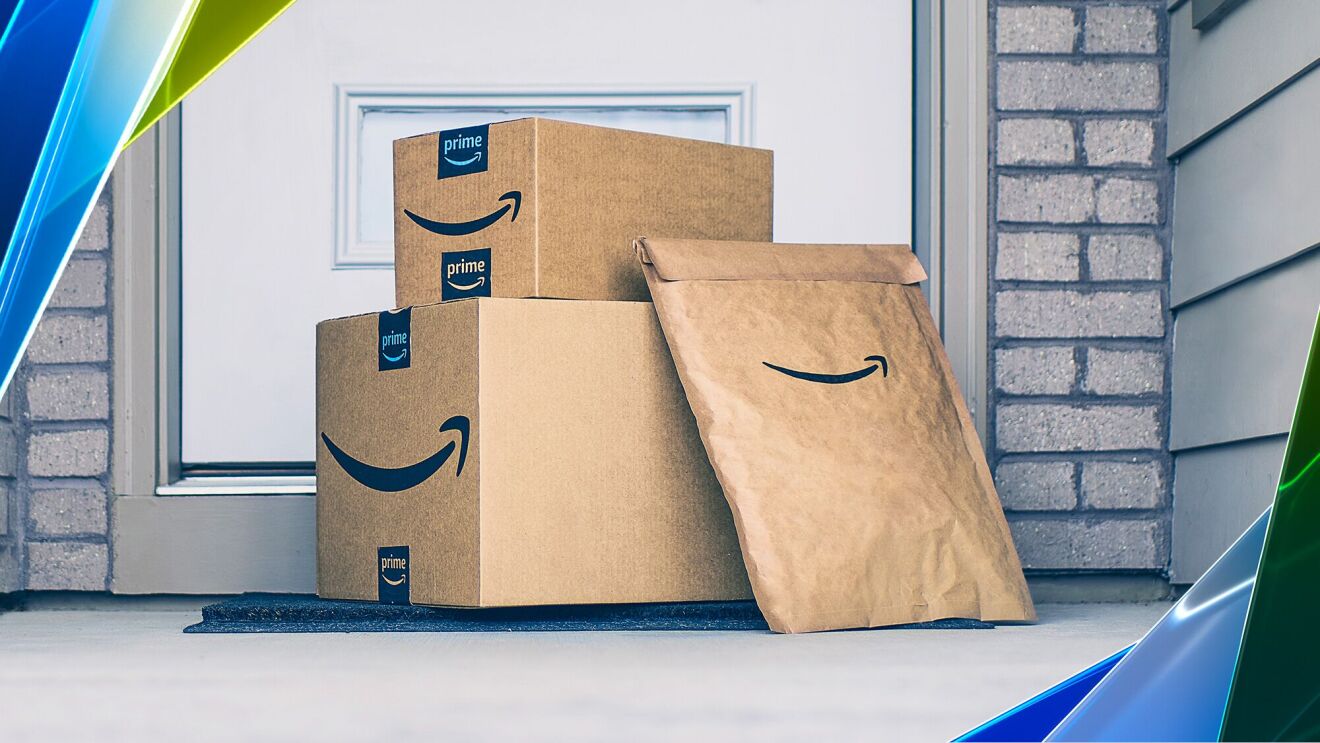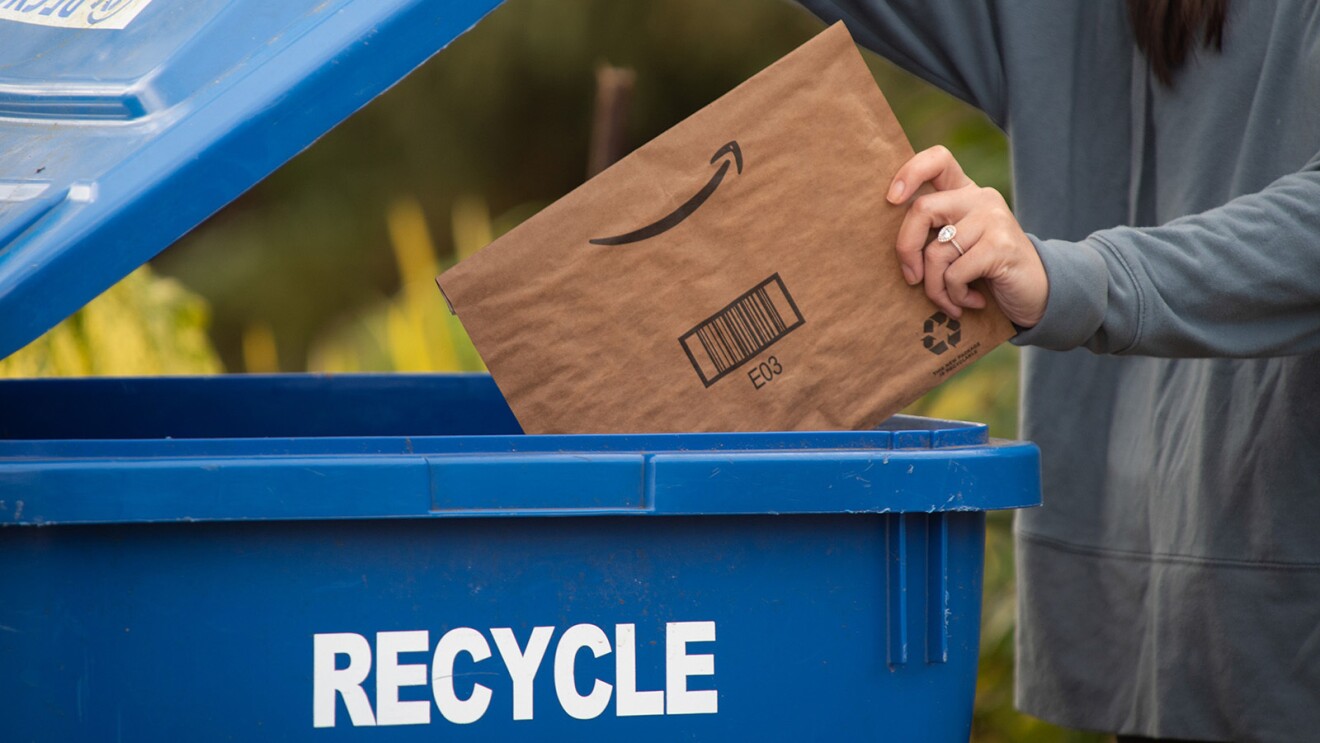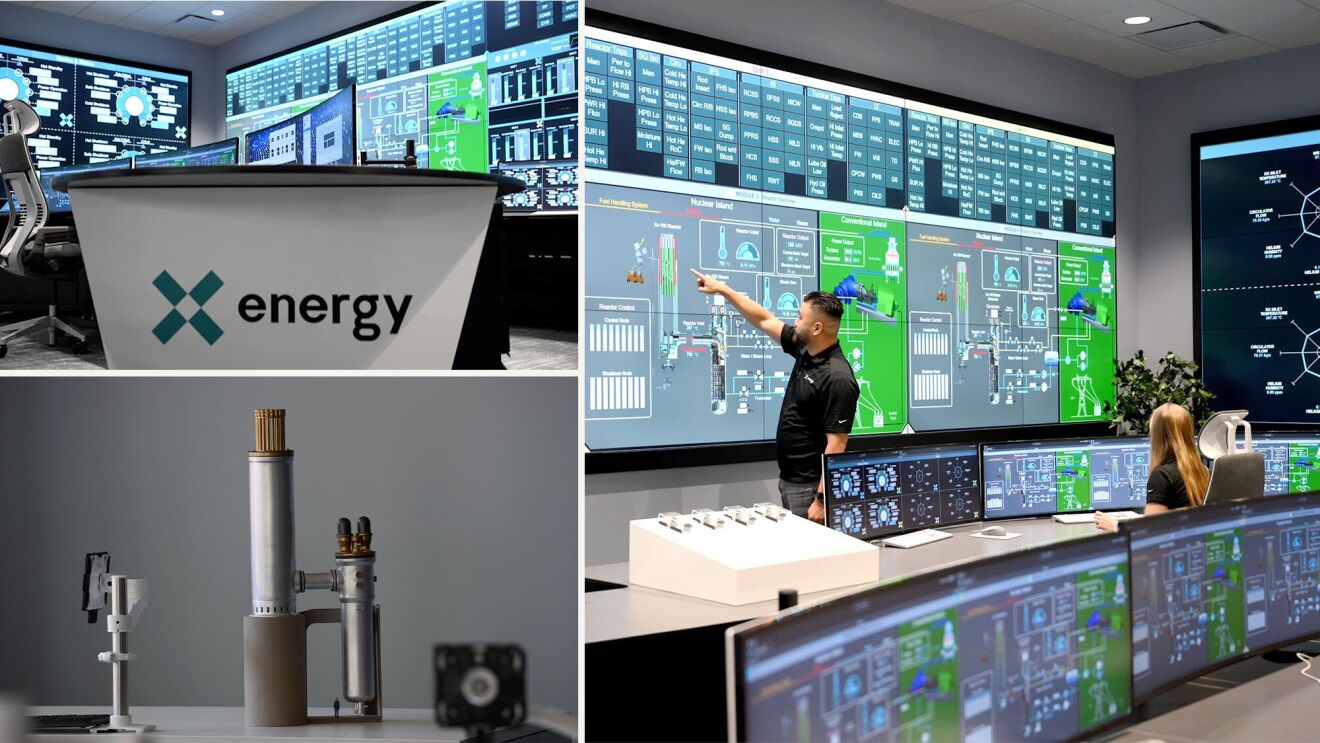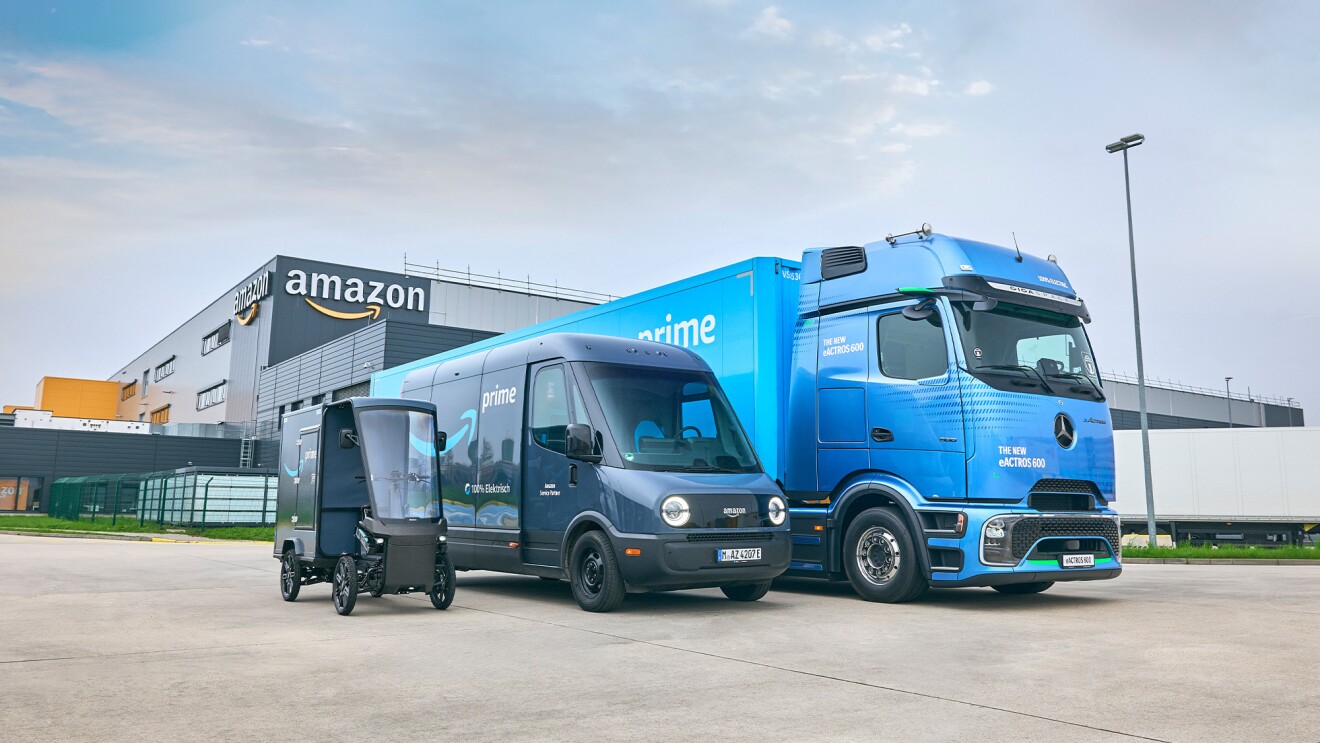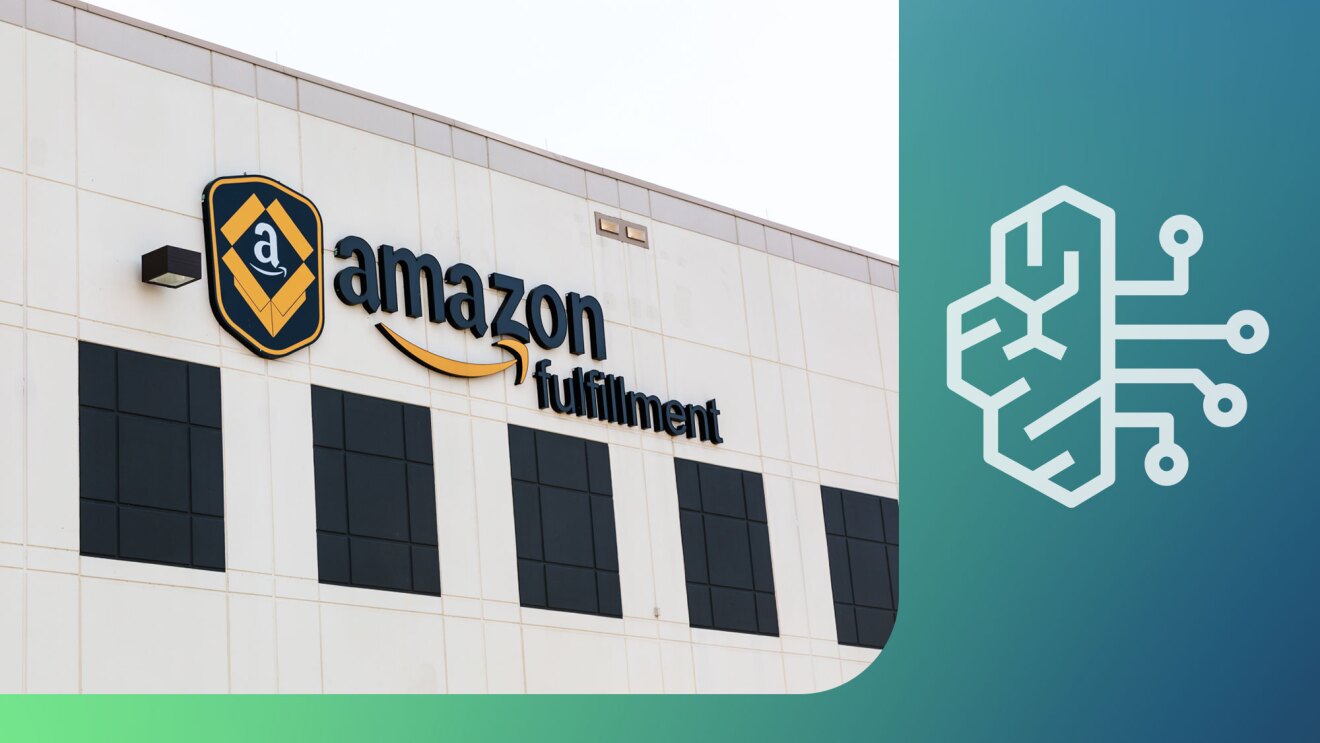Amazon has announced that in 2022, it grew its renewable energy capacity by 8.3 gigawatts (GW) through 133 new projects in 11 countries. This brings Amazon’s total portfolio to more than 20 GW—that could generate the amount of energy to power 5.3 million U.S. homes—across 401 renewable energy projects in 22 countries.
The company’s renewable energy purchases continue to add new wind and solar projects on the grids that power Amazon’s operations, including Amazon Web Services (AWS) data centers, Amazon fulfillment centers, and physical stores around the world.
With these continued investments, Amazon set a new corporate record for the most renewable energy announced by a single company in one year. The company remains the largest corporate buyer of renewable energy—a position it’s held since 2020, according to Bloomberg New Energy Finance. Amazon’s continued investment in renewable energy helps to accelerate growth in new regions through innovative deal structures, technologies, and cloud solutions.
These purchases also bring Amazon closer to powering its operations with 100% renewable energy by 2025—five years ahead of its original 2030 target. In 2022, the company announced new projects in Australia, Canada, Finland, France, Germany, Japan, Poland, Singapore, Spain, and the U.S., and broke ground on projects in Brazil, India, and Indonesia.
With 25 new renewable energy projects secured to close out the year, the company now has 401 projects globally, including 164 wind farms and solar farms, and 237 rooftop solar projects on Amazon facilities. Once operational, Amazon’s global renewable energy projects are expected to generate 56,881 gigawatt-hours (GWh) of clean energy each year.
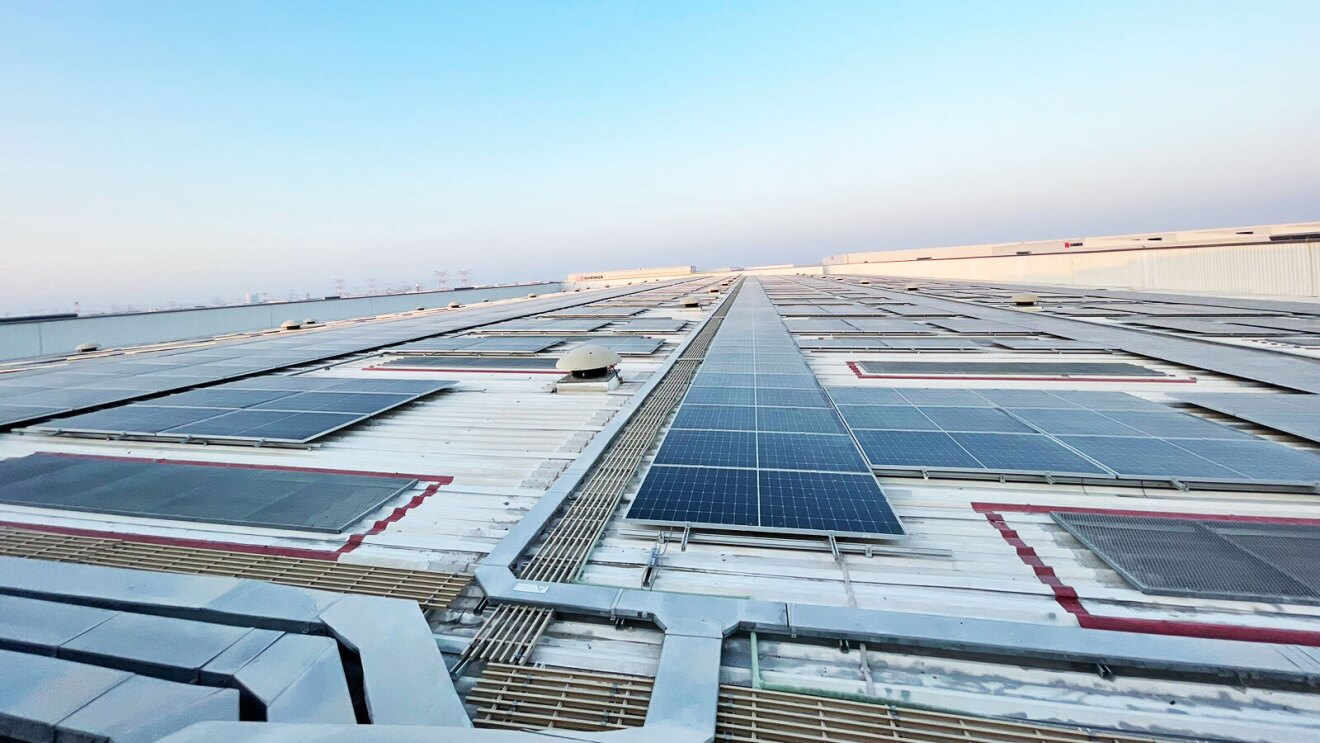
“As we continue to launch new renewable energy projects around the world, we’re pleased to be on track to power our operations with 100% renewable energy, five years ahead of our original target. With 133 projects in 11 countries announced in 2022, Amazon had another record year,” said Adam Selipsky, CEO of AWS. “These projects highlight the diversity of our renewable energy sources and showcase our ability to bring new technologies to new markets and further reduce the impacts of climate change.”
In addition to the 108 clean energy projects the company announced in 2022, Amazon is now announcing 25 additional 2022 clean energy projects. These include:
- Eleven new projects in Europe, including in Finland, Germany, Italy, Spain, and the United Kingdom, totaling 372 megawatts (MW) of capacity. Tapping into one of the world’s best renewable energy resources, Amazon continued to add to its portfolio of offshore wind projects, investing in two new offshore wind projects in Europe totaling 280 MW of capacity.
- Four new projects in North America, totaling 918 MW of energy in Arizona, California, and Texas. A new solar project paired with energy storage in California allows Amazon to store clean energy produced by its solar projects and deploy it when solar energy is not available, such as in the evening hours or during periods of high demand. Also in California, Amazon added its first on-site solar project at the Amazon Air Hub where employees pack and handle freight and conduct planeside operations.
- Ten new renewable energy projects in India, Indonesia, and Japan. In India, a third 200 MW wind-solar hybrid project was added to Amazon’s first two wind-solar hybrid projects. Renewable hybrid energy systems can play a key role in helping India accelerate the decarbonization of power generation, lowering the cost of electricity in the medium term. These hybrid energy systems also maximize clean energy use on the grid by combining two technologies with different generation profiles, reducing variability in renewable generation, and improving grid stability. In Indonesia, Amazon invested in its first renewable energy projects, securing a first-of its-kind agreement for corporations to access additional utility-scale solar projects. In Japan, Amazon added three on-site solar projects and a new 38 MW utility-scale solar project.
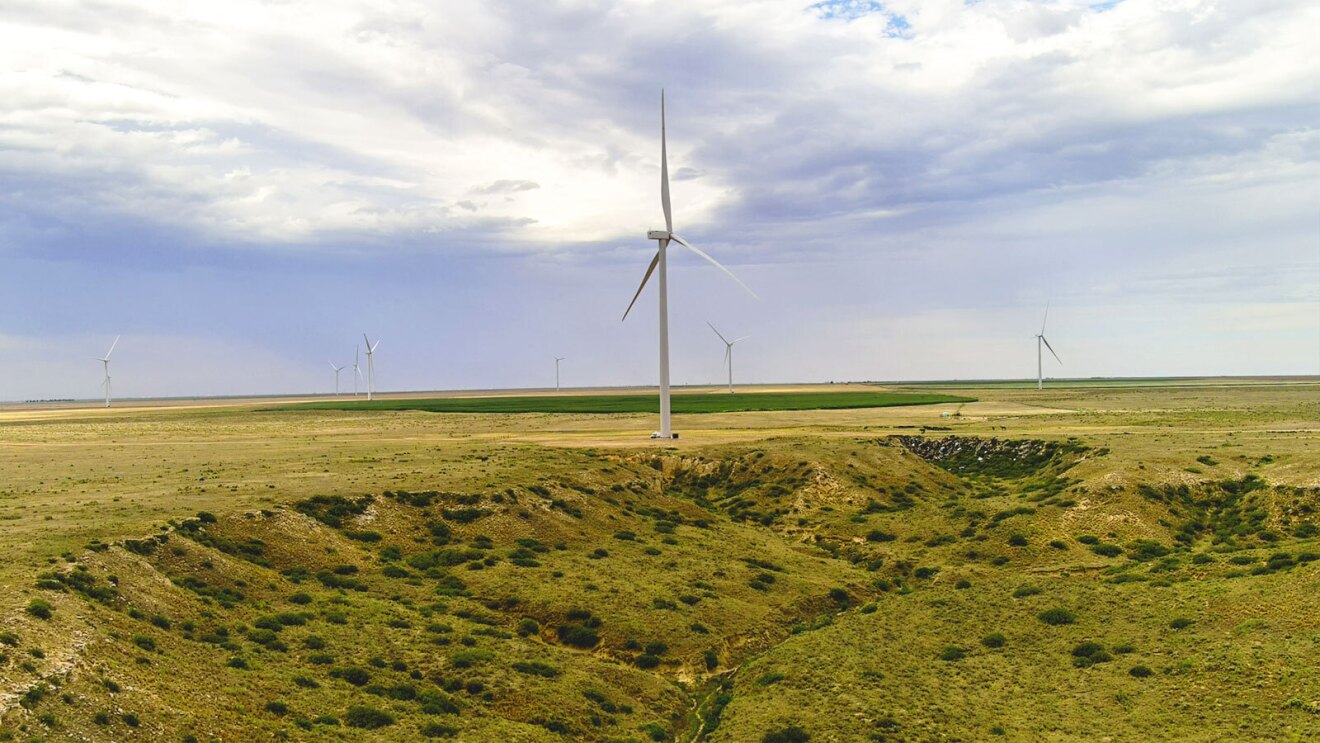 Photo by NextEra Energy.
Photo by NextEra Energy.Rapidly scaling renewable energy is one of the most effective strategies to fight climate change. To ensure that organizations’ renewable energy purchases have the greatest impact on emissions reductions, Amazon recently led the creation of the new Emissions First coalition. This coalition is leading advocacy efforts to modernize the world’s leading carbon-accounting standard, helping to reduce carbon from global electricity grids as quickly and cost-effectively as possible.
"Amazon's clean energy portfolio doesn't just top the corporate charts—it is now among the leading utilities globally, as well,” said Kyle Harrison, head of sustainability research at Bloomberg New Energy Finance. “The fact that it announced a new annual record of clean energy in a year mired by a global energy crisis, supply chain bottlenecks, and high interest rates speaks to its forward planning and expertise in navigating power markets and executing long-term contracts."
“Amidst the market uncertainty of 2022, Amazon led clean energy buyers and doubled down on its commitment to renewable energy,” said Miranda Ballentine, CEO of the Clean Energy Buyers Association (CEBA). “Amazon’s commitment to decarbonization is demonstrated through its leading placement on CEBA’s Deal Tracker Top 10, within our member community, and on a global scale.”
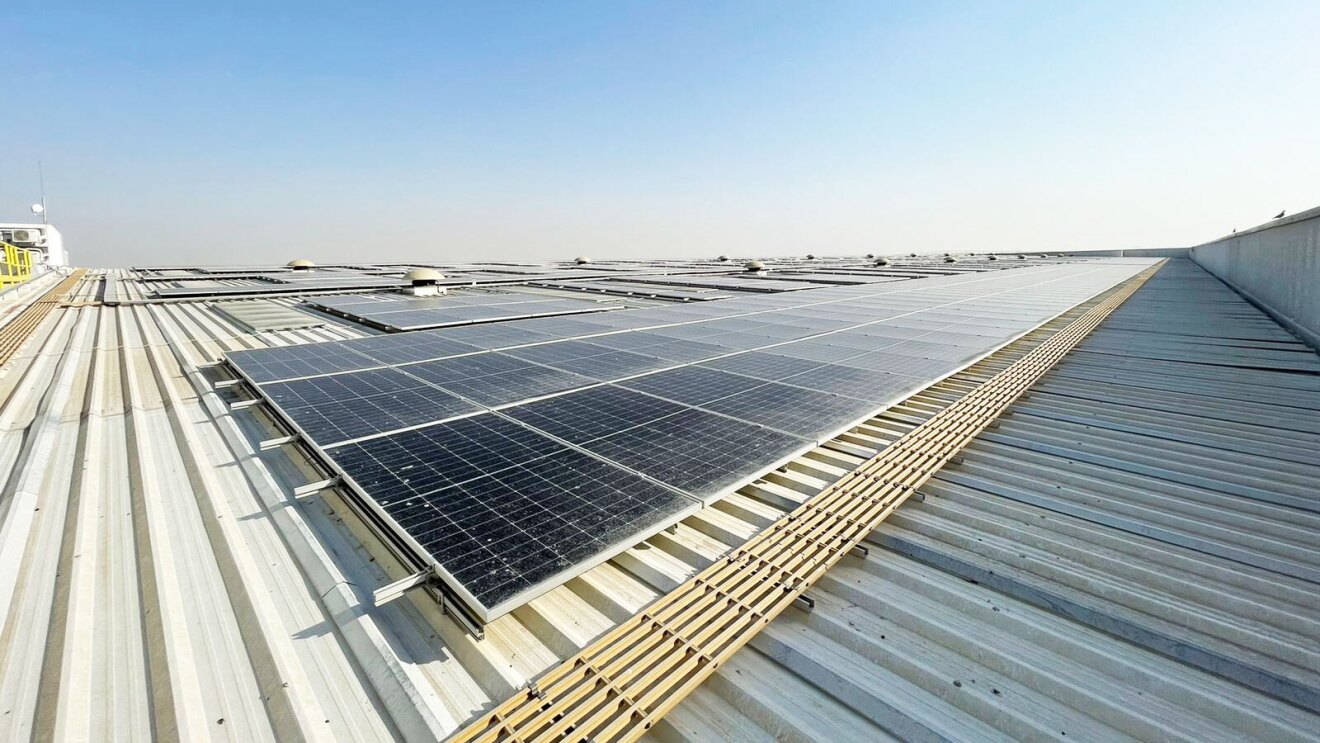
Sam Kimmins, director of energy at the Climate Group and spokesperson for the Asia Clean Energy Coalition (ACEC), added: “As Asia continues to transition away from coal and gas, these investments by Amazon in wind and solar are further evidence that there is a large and growing corporate renewable electricity demand in this region. We look forward to continuing to work with Amazon and our other ACEC members to rapidly increase the supply of renewables and to achieve our shared 100% renewable ambitions in the region.”
Amazon co-founded The Climate Pledge in 2019, committing to reach net-zero carbon by 2040—10 years ahead of the Paris Agreement. The Pledge now has nearly 400 signatories, including Best Buy, IBM, Microsoft, PepsiCo, Siemens, Unilever, Verizon, and Visa. Amazon continues to transform its transportation network, including electrifying its delivery fleet and sourcing alternatives to fossil fuels—it currently has thousands of electric delivery vehicles from Rivian in more than 100 cities and regions in the U.S., more than 3,000 electric vans delivering packages to customers in Europe, and several electric vehicle partnerships in APAC.
The company is also investing $2 billion in the development of decarbonizing services and solutions through The Climate Pledge Fund. Learn more about sustainability at Amazon.
Trending news and stories



